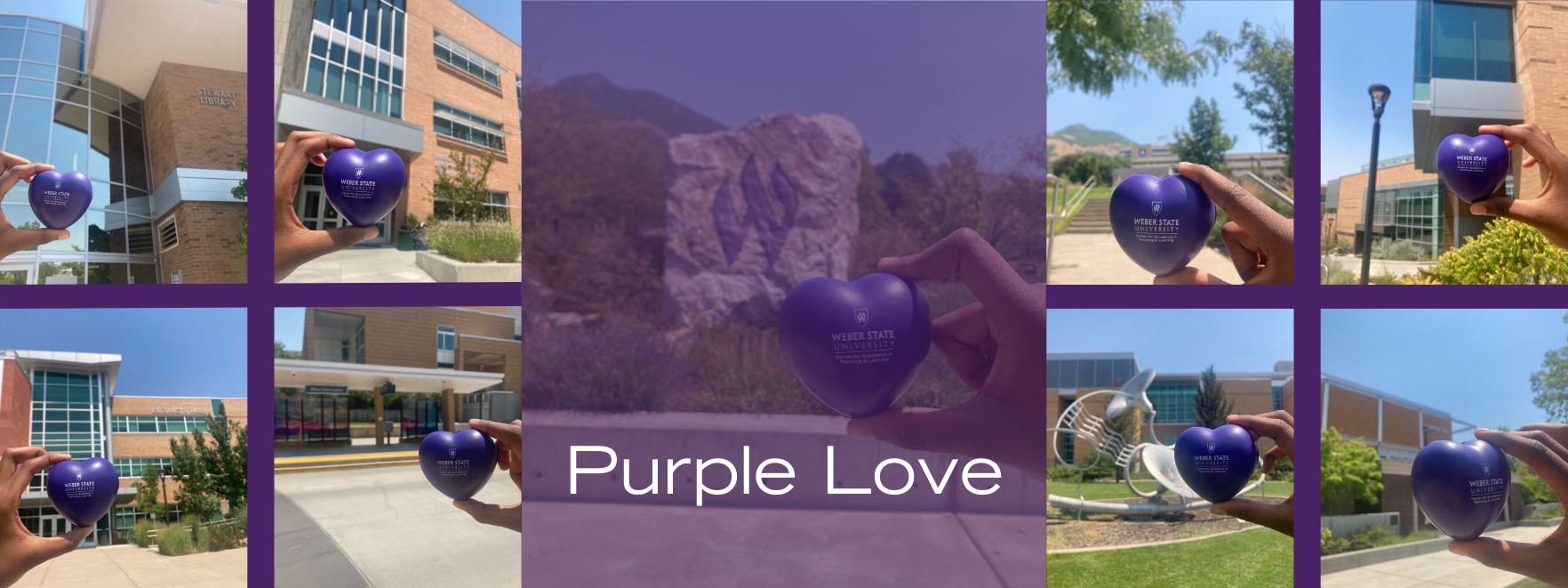Faculty Wellness Resources
While we recognize there are no quick fixes for mental or physical health, we want to offer some suggestions and resources that may help you get on track with both. Self-care sometimes gets a bad rap when we think of it as spa days or bubble baths. However, truly caring for yourself in all aspects of life (physically, mentally, emotionally, etc.) will help you care for others as well. True self-care includes activities that bring you closer to your authentic self. These will look different for everyone. In the book Real Self-Care by psychiatrist Pooja Lakshmin, she highlights four principles that will help you find true self-care:
- Setting boundaries helps you protect your time and self-esteem and is, therefore, a prerequisite for finding your authentic self.
- Self-compassion helps you set boundaries with yourself, for example, when your inner voice becomes self-critical, guilt-ridden, or perfectionistic.
- Knowing your core values is the keystone of the authentic self.
- And asserting power helps you create community standards that enable true self-care for all.
9 Ways to Boost Your Mental Health According to Science
(summarized from an article by Amy McKeever in National Geographic )
These self-care tips are backed by science and fairly easy to access. They won't fix all problems, but they are things you can control.
-
1. Spend more time in nature.
Being in nature can reduce stress, improve your mood and keep you healthy. Research has found looking at the complex patterns in nature can induce more alpha waves in your brain that are associated with relaxation.
-
2. Listen to birds.
Studies have shown that being in the presence of birds and hearing their songs can put you in better mood. Research by Dr Eleanor Ratcliffe found that most people considered the sound of greenfinch, dunnock and blackbirds mentally restorative.
-
3. Declutter your space.
This can help you feel less exhaustion, enhance your productivity and improve the quality of your life.
-
4. Cut back on ultra-processed foods.
Research shows that people whose diets are high in processed foods (soda, candy, energy bars, and fruit-flavored yogurt) had a 44% greater risk of depression and 48% percent higher risk of anxiety. Don't try to go cold-turkey, though. Try adding more fruits and veggies into your diet to help fill your body with useful carbs (energy), vitamins and fiber.
-
5. Eat more of these foods instead.
There is no magic food or diet to relieve stress, but you can boost your happy hormones like serotonin by getting a healthy mix of vitamins, minerals, fatty acids, protein and carbohydrates.
-
6. Go for a bike ride or a hike.
Endorphins from exercise plus being in nature equals higher levels of mental well-being.
-
7. Plan a trip.
Even if you can't go on a trip or travel right this minute, studies have shown that even planning and anticipating a trip can increase a person's happiness substantially.
-
8. Trigger your feel good hormones.
Happiness hormones the body produces include: dopamine, which makes us feel good; serotonin, which reduces depression; and endorphins, which make us happy and thus help to reduce physical pain.
- Exercise.
- Partaking in fulfilling activities that leave a smile on your face.
- Light exposure to sunlight.
- Eating chocolate (in moderation). Dark chocolate is best.
- Focus on eating foods that are high in tryptophan.
- Playing with pets.
- Hugging or kissing a loved one.
- Meditating.
-
9. Try light therapy.
Seasonal depression is real, especially in Utah where the number of hours of sunlight drastically decreases in the winter. The darker days of winter can throw off your circadian rhythms and induce depression. Light therapy can help alleviate these symptoms. Mayo Clinic advises:
- A light therapy box mimics outdoor light. It's thought that this type of light may cause a chemical change in the brain that lifts your mood and eases other symptoms of SAD, such as being tired most of the time and sleeping too much. Generally, the light box should:
- Provide an exposure to 10,000 lux of light
- Produce as little UV light as possible
- Typical recommendations include using the light box:
- Within the first hour of waking up in the morning
- For about 20 to 30 minutes
- About 16 to 24 inches (41 to 61 centimeters) from your face, but follow the manufacturer's instructions about distance
- With eyes open, but not looking directly at the light.
- Talk to a health care provider.
WSU recognizes how important you are to its success, so they provide this valuable service free of charge to support the wellbeing of you and your family. Blomquist Hale Consulting offers solution-focused counseling for work or personal problems and is 100% confidential. A 24/7 crisis phone line is also available. Their extensive network of experienced therapists will provide you with useful tools and strategies. If ongoing or specialized services are needed, the counselor will refer you to an appropriate resource.
